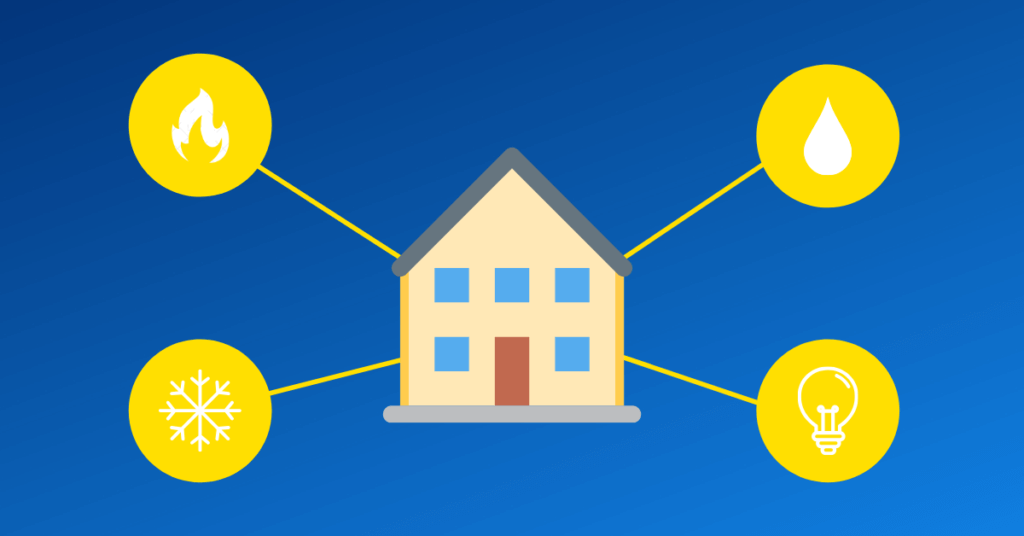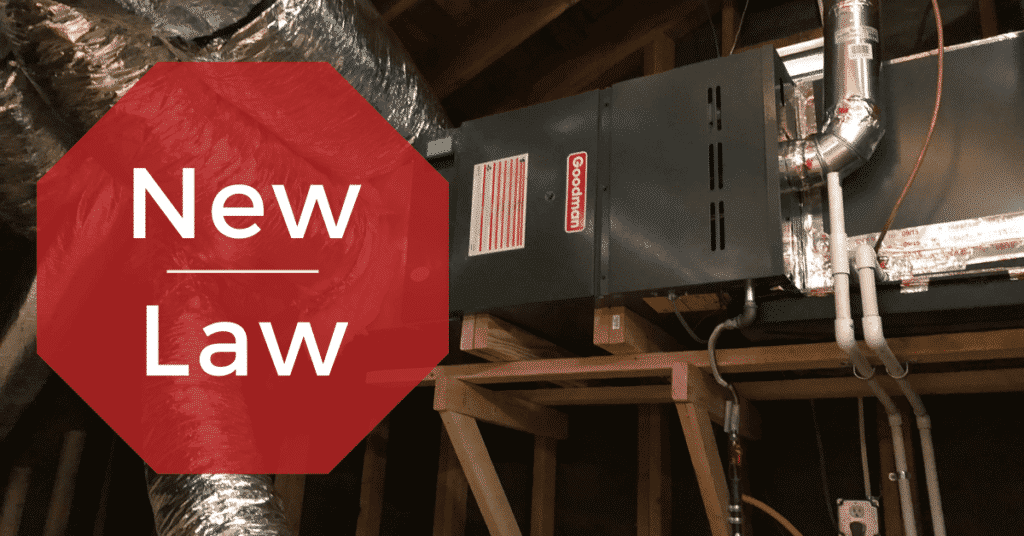
Have you ever heard a weird noise coming from your car while you were driving down the highway and thought, “Oh man I hope it’s not serious?” You already have a lot on your mind… the workweek is pushing your blood pressure and no matter where you’re headed, you’re already late. You just turn your radio up a little louder, pretend this isn’t happening, tune out, and hope for the best.
Unfortunately ignoring a problem like this is actually dangerous. It is “classic procrastinating a confrontation with a small issue because you don’t want to take the time to deal with it now.” Just because you don’t think it’s important, doesn’t mean it won’t backfire on you like a banana in a tailpipe. Remember Beverly Hills Cop?
This goes for almost anything, but since we’re talking pipes this is especially important when considering your household plumbing. Sure your house might be a little old but it was built well. Unfortunately, even the best of quality needs a checkup every once and a while. Don’t waste time or ignore potential problems… they could turn into massive issues quickly.
Here are 8 signs your pipes and plumbing system may be old or at risk of something bigger:
- LEAKS – Moisture in unsuspecting areas of your home can indicate that one of your pipes could have a leak. If you find an accumulation of mildew or mold in an area that should be dry, you could have a tiny hairline fracture in your pipe causing that area to rot.
- WATER PRESSURE – Leaks, depending on how severe, can cause your water pressure to lower. However, a leak isn’t always the reason for this decrease. Pipes coated with zinc can wear away and cause a build-up of calcium deposits. A clog like this on the inside of the pipe can also cause the pressure to weaken.
- DISCOLORED WATER – It’s possible that if you have discolored water coming out of your tap that you could have a rust problem. Rust can be hard to wash off your clothes, skin, and dishes. This will also affect the quality of your drinking water. If you notice this or visibly see flecks of metal floating in your water your should call a plumber immediately, especially if you have an older home.
- UNPLEASANT ODORS – A musty smell in a certain area could mean your sewer line is damaged. If you experience that rotten eggs smell (which could also be thought of as a dumpster aroma combined with humid gym locker room stench – but it’s open to interpretation) this could also be a blocked drain vent that’s allowing sewer gas to back up in your pipes.
- SLOW DRAINING – If there is a blockage in your pipes, there could again be a potential build-up of mineral debris collecting. A good rule is “when in doubt, call a plumber.”
- STAINS – Visible stains on walls or ceiling can indicate that you may have a leak. If the leak has been present for a while, potential bubbling or molding could take place on the drywall in your home.
- TUBE CORROSION – If there is a high acid content eating away at your pipes they could be corroding. This goes beyond the simplicity of patching a leak on a strong pipe. If you find flaking in your water you could have a corrosion problem. Sometimes the best way to tell is by running the water in your bathtub to see if it’s brown which is a sign of corrosion.
- ODD SOUNDS – Remember that weird sound in your car? Don’t ignore it! Sounds in your plumbing can indicate there is air stuck in your pipes or something is wrong with your bleed off system (plumbing valves used to automatically release trapped air from a heating system).
Beware: If there are combinations of smaller issues such as air stuck in your pipe and a clog that’s been building up for a while, you risk has just exponentially increased, i.e. your pipes run the risk of bursting.
DON’T WASTE TIME
We don’t mean to scare you. Sometimes these issues don’t end up being that bad but it’s always a good idea to catch a problem in the early stages to avoid an expensive one later on.
If you don’t see any of these warning signs but notice your water bills increasing or your appliances using more energy you may also want to look into the health of your plumbing system.
HERE’S WHAT YOU CAN DO
First, don’t just turn your music up louder in the shower and rinse off in rust water. Yikes!
Make sure to monitor your home’s plumbing system:
- Check your water hot and cold water pipes and fittings.
- Inspect your sanitary plumbing and draining pipes that collect and release sewage and stormwater.
- Observe your mechanical systems where your water supply is either heated or cooled.
- Keep an eye on your roofing systems where drainpipes, gutters and rainwater gathers.
It’s important to know what types of pipes your building has and the lifespans of those materials so you can know what to expect. A lot of this information can be found from a structural report. If you don’t have a report you can obtain one from your city council. If your house was built before the 1960s you should get your water tested.
GET ACCURATE
Hearing a weird noise, finding a leak, or even a weird smell doesn’t mean you are on the brink of disaster, but it’s always best to take precaution.
Accurate has some of the best plumbers and home service specialists around, all trained professionally and state-approved. Accurate can assess your issue, point you in the right direction, and/or fix it for you.
To support home-owners in routinely inspecting the health of their home systems, we created The Accurate Advantage Plan. Each year, you receive comprehensive checkups on your plumbing, electric, heating, and air systems for less than $10/month. This is the best way to become aware of potential threats before they become a giant banana in your tailpipe. You can see our plan here.
If you have any concerns about your home or want to schedule your next service appointment, please call 800-947-1747 to speak to one of our Customer Service Representatives.



